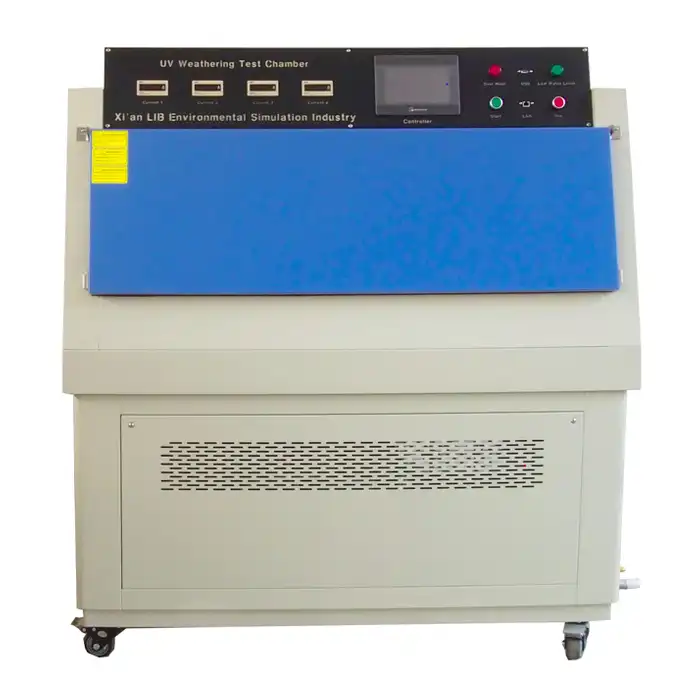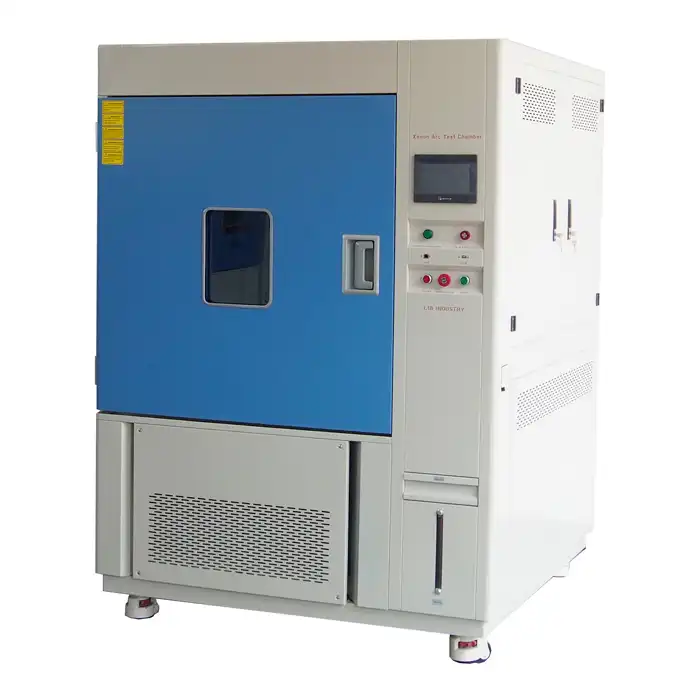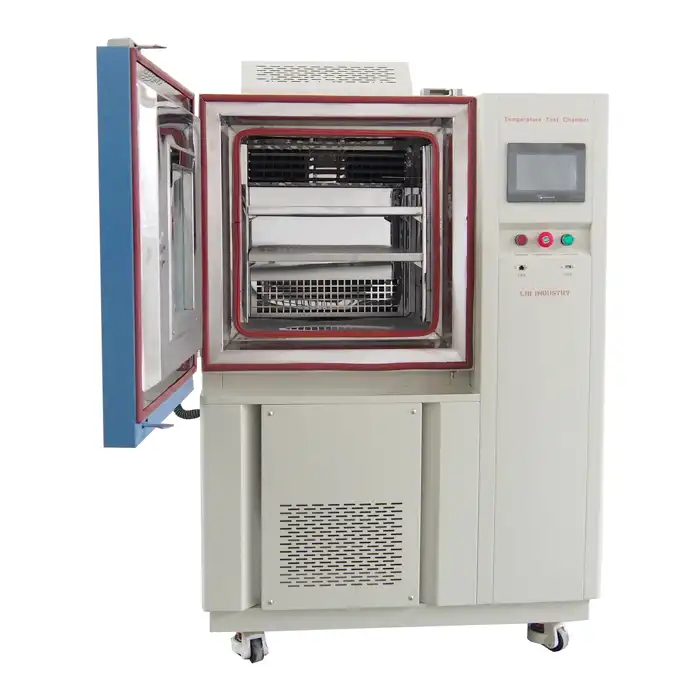How Salt Spray Corrosion Test Chambers Ensure Precision in Corrosion Testing?
Corrosion testing is essential for industries that rely on metal components, coatings, and protective finishes. A salt spray corrosion test chamber is a powerful tool that simulates harsh environments to evaluate material durability. To ensure highly precise and repeatable results, these chambers integrate advanced features.
Advanced Temperature Control: The Foundation of Consistent Corrosion Testing
Temperature consistency plays a crucial role in corrosion testing. Even minor fluctuations can alter the reaction rates of materials exposed to a salt-laden atmosphere. Modern salt spray corrosion test chambers use PID (Proportional-Integral-Derivative) controllers to maintain stable temperatures throughout the testing process, ensuring repeatable and accurate results.
For instance, in an ASTM B117 salt spray test, the standard temperature is set at 35°C (95°F). If this temperature fluctuates significantly, corrosion rates may accelerate or decelerate, leading to unreliable data. To combat this, LIB Industry integrates high-precision sensors and heating systems that regulate temperatures within ±0.5°C. This precision allows manufacturers to compare test results across different batches with confidence.
Uniform Salt Fog Distribution: Ensuring Even Exposure Across Test Samples
Salt fog consistency directly affects test accuracy. If the salt mist is unevenly distributed, certain samples may receive excessive exposure while others remain under-tested. LIB Industry's salt spray corrosion test chambers utilize precision-engineered atomization nozzles and air pressure controls to generate a fine, uniform mist throughout the test chamber.
For example, ASTM B117 requires a salt fog deposition rate of 1.0 - 2.0 mL per hour per 80 cm². To meet this standard, advanced chambers feature compressed air humidification systems that regulate droplet size and dispersal patterns. This ensures all test specimens - whether metallic coatings, fasteners, or painted surfaces - receive equal exposure, eliminating variability in test results.
Humidity Regulation: Maintaining Stable Environmental Conditions for Accuracy
Humidity levels within a salt spray corrosion test chamber influence the rate and type of corrosion that occurs. Excessive humidity can accelerate rust formation, while low humidity may slow down the reaction process. To maintain accuracy, LIB Industry integrates automated humidity control systems that keep relative humidity within optimal ranges.
For cyclic corrosion testing, which alternates between salt spray exposure and high-humidity conditions, maintaining precise humidity levels is crucial. For instance, ISO 9227 recommends specific humidity levels for different exposure cycles. LIB Industry's salt spray corrosion test chambers use advanced misting and dehumidification technologies to maintain relative humidity at prescribed levels, ensuring test repeatability for industries like aerospace, defense, and construction.
Programmable Testing Cycles: Precision Through Automated and Repeatable Processes
Manually controlling test cycles increases the risk of human error and inconsistencies. LIB Industry's salt spray corrosion test chambers come with programmable logic controllers (PLCs) that allow users to set automated test sequences. These controllers enable:
- Customizable exposure periods, ensuring materials undergo real-world simulated conditions.
- Pre-set industry standards, such as ASTM B117, ISO 9227, and MIL-STD-810G.
- Data logging, providing real-time monitoring and test history tracking for quality assurance.
Calibration and Compliance: Adhering to International Standards for Reliable Results
To ensure compliance with global testing standards, regular calibration is necessary. LIB Industry's salt spray corrosion test chambers are designed to meet ASTM, ISO, and MIL-STD regulations, offering:
- Certified calibration services to maintain accuracy.
- Traceable test parameters, ensuring results can be validated.
- Compliance with regulatory bodies, enhancing credibility in industries such as automotive, electronics, and defense.
LIB Industry's salt spray corrosion test chambers integrate advanced temperature control, uniform fog distribution, humidity regulation, automated cycles, and compliance with international standards to provide highly reliable and repeatable test results. For more information on how LIB Industry can help you enhance your corrosion testing processes, contact us at ellen@lib-industry.com.
References
1. ASTM B117: Standard Practice for Operating Salt Spray (Fog) Apparatus.
2. ISO 9227: Corrosion Tests in Artificial Atmospheres - Salt Spray Tests.
3. MIL-STD-810G: Environmental Engineering Considerations and Laboratory Tests.
4. SAE J2334: Laboratory Cyclic Corrosion Test for Automotive Materials.



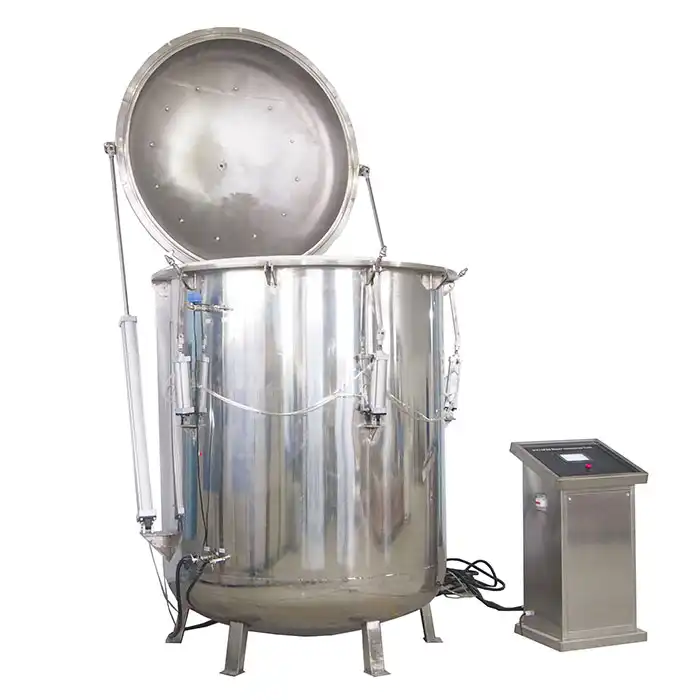
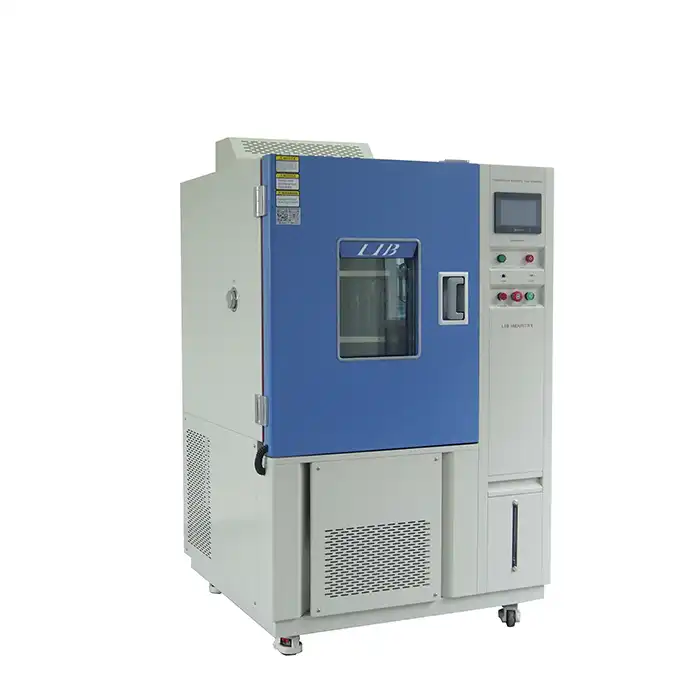
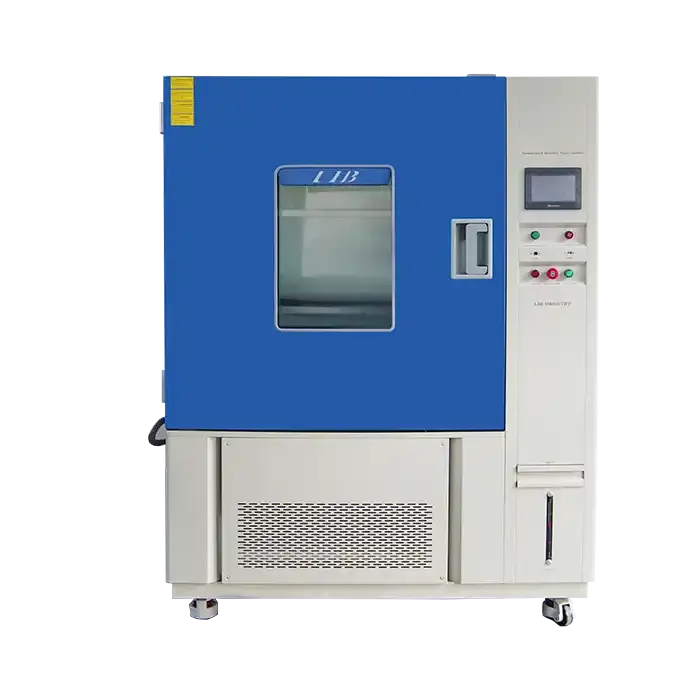
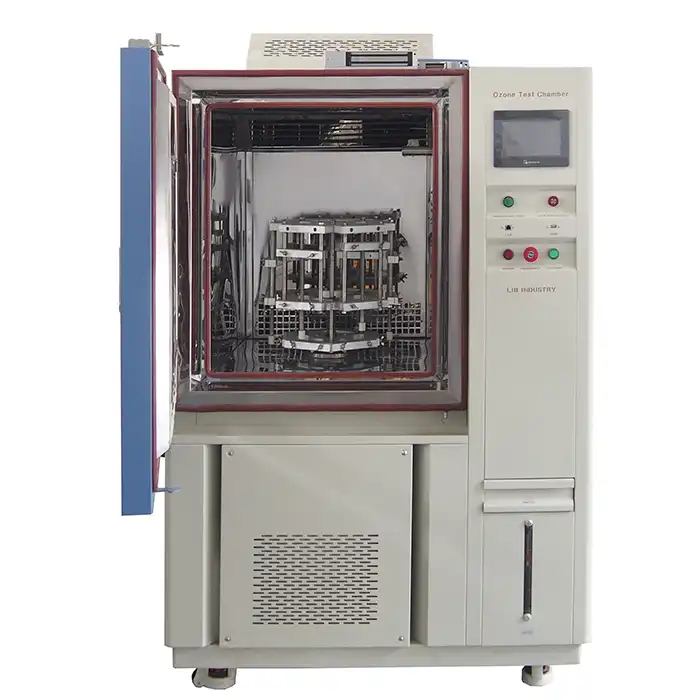
.webp)
